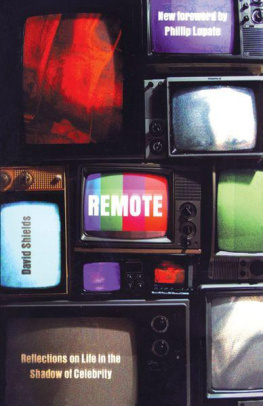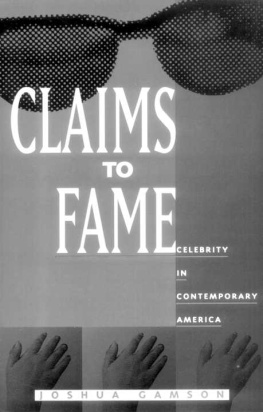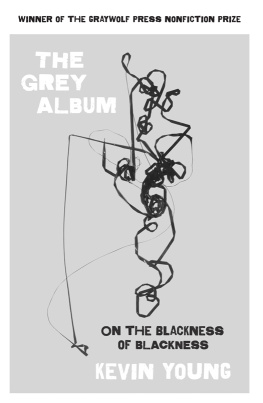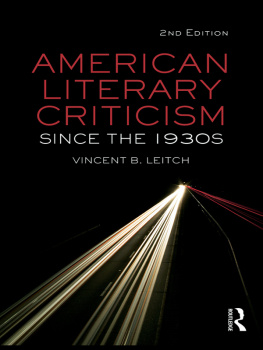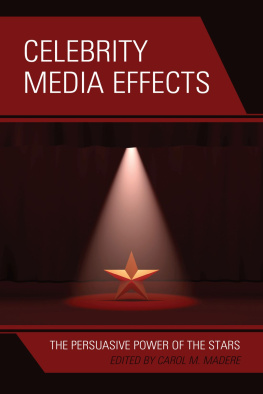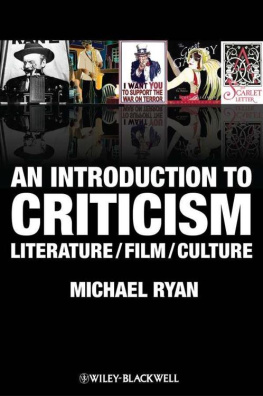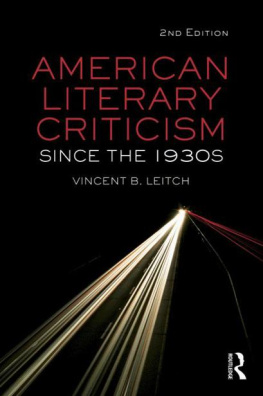Praise for Remote
A wonderful, wildly original, illuminating book about the perils of being a citizen in a celebrity culture.
DAVID HALBERSTAM
A brilliant mix of scrapbook, cultural criticism, autobiography, travelogue, and found poetry.. Shields holds a mirror to society and sees himself. He holds a mirror to himself and sees society. And it is always a fun-house mirrorwarped by irony and goofy insight. There are sections of this amazing, funny little book composed (beautifully) of nothing more than bumper-sticker slogans; there are pages of bold pronouncements, many of which are lacerating in their acuity.
STEVEN REA, Philadelphia Inquirer
A colorful gallery of cultural significance .. a lively and inventive collection of fifty-two short takes on contemporary American life.. What Shields reveals about himself and others is often wise, frequently hilarious, but not always comforting to hear. His deadpan wisecracks hang precipitously over despairlike a cross between Fran Lebowitz and Milan Kundera.
JOHN HAWLEY, San Francisco Chronicle
A witty and original cultural scribe and voice of his generation.
IRENE LACHER, Los Angeles Times
David Shieldss Remote, a smart and disturbing collection of fifty-two short essays, dissects our obsession with image and television celebrity and, in the process, dissects the author himself.. Shieldss book forces one to feel the insidious power of the desire to be connected to what everyone else is doing. He forces thought about the absurd little kinks in ones own responses to mass entertainment.
THOMAS MALLON, GQ
Breathtakingly intelligent ... electric insights ... cool, dry, arch irony ... addictive ...
LANCE OLSEN, Review of Contemporary Fiction
What makes Shieldss perspective on popular culture so interesting is its highly personal, even confessional nature: his essays often examine the private connections he feels to public figures and events.... Shields is a gifted writer capable of surprising perceptions and considerable wit, and his idiosyncratic book offers intriguing insights into the ways the media can shape both the identities and the perceptions of its viewers.
Publishers Weekly
I recently had a wonderful time reading Remote, by David Shields. It took me a day and a half of picking it up, putting it down, picking it up. I really love this book. I said to someone, You should read this book. And she said, Whats it about? I said, I dont know exactly. Its just an experience that you have with this objectthis bookover the course of a couple of days.
RAY SUAREZ, host, Talk of the Nation, NPR
Frightening and funny and courageous. David Shields breaks every rule with perfect elegance. Then he tells the truth of an age.
PAM HOUSTON
One of 1996s slept-on gems, Remote is an extended, collage-style meditation on media, fame, distance, the nature of observation, and the location of ones self in all of these. As much reflexive autobiography broken into tiny chunks as pop cultural commentary, Remote is sharp, funny, poignant, and exceptionally media-savvy, featuring a David Shields who can pull apart complicated relationships between observer and observed with poetic ease.
JOE GROSS, Austin American-Statesman
The terrain of celebrity culture is constantly shifting ground, and what Shields has invented is, at least, a new way to map the landscape.
BRAD TYER, Houston Chronicle
By turns sardonic and tender, this really quite brilliant book crafts fragments of the cultural landscape into a telling commentary on the American obsession with confession, personality, celebrity, image, simulacrum.
PETER BROOKS
In a series of vivid verbal snapshots, David Shieldss Remote captures an all too familiar America frighteningly obsessed with fame. Shieldss postmodern memoir provides an ironic conduit to a media-mad society. In fifty-two short takes, Shields brilliantly takes the measure of America.
JANICE LEE, Elle
Shieldss ruminations on life and culture are not just a diary of experience, a chronicle of his willing embrace of our culture. Rather, this strange little book... achieves a kind of hypnotic power by Shieldss standing apart from his subjects. He is a trenchant observer, a talent no doubt honed through learning to manage the stuttering that marked his childhood and youth (and that became the subject of his second novel, Dead Languages).... Remote is an iconoclastic and unclassifiable, quirky and irreverent meditation on the cluttered surface of late twentieth-century American life.
DONN FRY, Seattle Times
Unclassifiable, wayward, inspired, and very funny, Remote is one of the most intelligently self-exposing books Ive encountered in a long time. By documenting his own sensibility without insisting that it be representative, David Shields strikes wild chords in this reader.
WAYNE KOESTENBAUM
Also by David Shields
Enough About You: Adventures in Autobiography
Baseball Is Just Baseball: The Understated Ichiro
Black Planet: Facing Race during an NBA Season
A Handbook for Drowning: Stories
Dead Languages: A Novel
Heroes: A Novel
Remote
Reflections on Life in the Shadow of Celebrity
David Shields
With a foreword by Phillip Lopate
THE UNIVERSITY OF WISCONSIN PRESS
The University of Wisconsin Press
1930 Monroe Street
Madison, Wisconsin 53711
www.wisc.edu/wisconsinpress/
3 Henrietta Street
London WC2E 8LU, England
Copyright 1996 by David Shields
Foreword copyright 2003 by
The Board of Regents of the University of Wisconsin System
All rights reserved
1 3 5 4 2
Printed in the United States of America
Library of Congress Cataloging-in-Publication Data
Shields, David.
Remote / David Shields ; foreword by Phillip Lopate.
p. c.m.
ISBN 0-299-19364-0 (pbk. : alk. paper)
1. Shields, David. 2. Authors, American20th centuryBiography. I. Title
PS3569.H4834 Z476 2004
81354 Bdc21 2003006269
Grateful acknowledgment is made to the following for permission to reprint previously published material: excerpt from The World as Will and Representation , vol. 2, by Arthur Schopenhauer, translated by E. F. J. Payne (New York: Dover Publications, 1966), reprinted by permission of Dover Publications; excerpt from Esthetique du Mal, from The Collected Poems by Wallace Stevens, copyright 1947 by Wallace Stevens, reprinted by permission of Alfred A. Knopf, Inc.; excerpt from Audiogenic Epilepsy Induced by a Specific Television Performer, by Venkat Ramani, M.D. ( The New England Journal of Medicine , vol. 325, no. 2, July 11, 1991, pp. 134135), reprinted by permission of the New England Journal of Medicine ; Around Pastor Bonhoeffer, from Passing Through: The Later Poems New and Selected by Stanley Kunitz, copyright 1970 by Stanley Kunitz, reprinted by permission of W. W. Norton & Company, Inc. The System, from Three Poems by John Ashbery, copyright 1970 by John Ashbery, reprinted by permission of the Viking Press, Inc.
eISBN: 9780299193638
For Laurie
Contents
Acknowledgments
I'd like to thank the National Endowment for the Arts, PEN/Revson Foundation, Artist Trust, Centrum Foundation, Seattle Arts Commission, and King County Arts Commission for grants that enabled me to complete this book, and the following people for their assistance: Patricia Pierce Hutton, Deborah Norden, David Platzker, Robyn Ricks, Milton Shields, Paula Shields, Theresa Venice, and Michelle Werner. Special thanks to Vicki Demetre for her invaluable work as photo consultant.
Foreword
The recent memoir craze in publishing had not gone on long before it began to provoke a backlash and a crisis. The backlash, from various fastidious literary critics, expressed disgust at the narcissism of nobodies (How dare these neophyte authors think we care about them and their problems?), and a drawing of the skirts up from the muck of untransformed experience, as well as a certain commercial envy. Such principled or resentful disdain alone would not have been sufficient to provoke a crisis, but sales began to diminish, indicating that the public itself, having sampled the lives and traumas of several dozen representative strangers, was experiencing some satiety with the form. Of course, historically speaking, autobiographical writing is too established a literary practice ever to peak and ebb; but the new memoir has, for the moment at least, been put on the defensive. It needs some fresh thinking and formal innovation.

